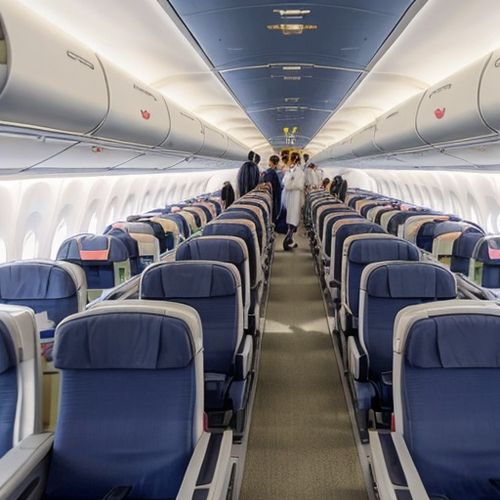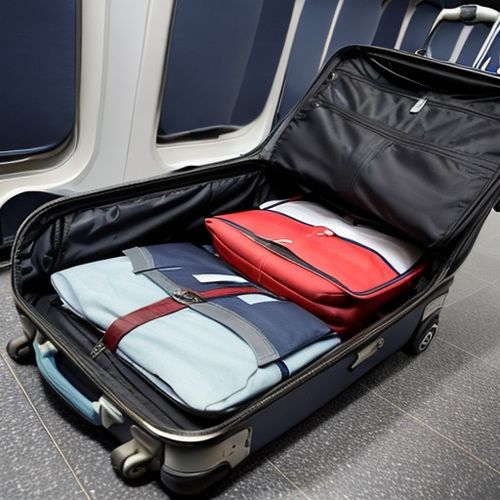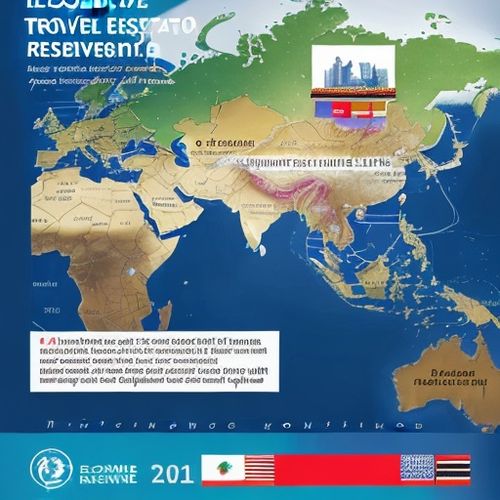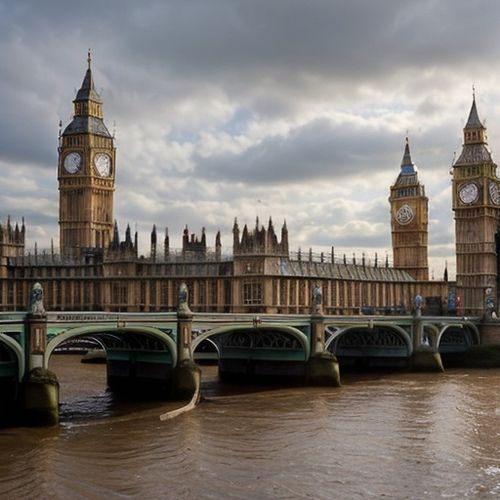The European budget airline industry, once synonymous with rock-bottom fares and no-frills service, has undergone a quiet revolution in recent years. While headlines still focus on €10 flights between capitals, a more profound shift has occurred behind the scenes - the transformation of baggage fees from ancillary revenue into a core profit driver. What began as modest charges for checked luggage has evolved into a sophisticated pricing architecture that frequently exceeds the base ticket price itself.
The golden age of truly cheap flights appears to be fading as carriers increasingly rely on baggage-related revenue to sustain operations. Industry analysts note that baggage fees among European low-cost carriers (LCCs) have increased by an average of 47% since 2019, far outpacing inflation. More strikingly, these fees now account for 38-42% of total revenue for major players like Ryanair and Wizz Air, up from just 22-25% five years ago. This represents nothing short of a fundamental reimagining of the budget airline business model.
Several converging factors explain this dramatic shift. The post-pandemic travel boom created ideal conditions for airlines to test pricing elasticity as passengers, desperate to travel after lockdowns, proved willing to pay premium baggage fees. Simultaneously, rising fuel costs and environmental pressures have made weight reduction more financially critical than ever. Each kilogram removed from aircraft translates directly to fuel savings, making baggage fees doubly attractive - they generate income while reducing costs.
The psychological pricing strategies employed are particularly sophisticated. By maintaining attractively low base fares, airlines preserve their budget branding while quietly shifting the financial burden to baggage. The pricing architecture follows a carefully designed progression: free (but extremely restrictive) cabin baggage allowances, expensive fees for standard cabin bags that exceed minimal dimensions, and prohibitive charges for checked luggage. This creates multiple opportunities for passengers to trigger fees, whether through measurement errors at gates or unavoidable needs for more baggage space.
Technology has enabled increasingly aggressive enforcement of baggage policies. Automated measurement gates at boarding areas remove human discretion, while sophisticated algorithms optimize fee structures in real time based on flight occupancy and other factors. Some carriers have begun implementing dynamic pricing for baggage, with fees rising as departure dates approach - a practice previously limited to ticket pricing itself.
The environmental justification for these fees deserves particular scrutiny. While airlines rightly note that reducing baggage loads decreases carbon emissions, the fee structures often contradict ecological principles. The same airlines charging €50-€80 for a checked bag frequently sell premium cabin baggage allowances for similar prices, despite cabin bags causing more operational challenges and delays during boarding. This suggests environmental concerns may serve more as convenient justification than primary motivation.
Consumer behavior has adapted in unexpected ways to these changes. A thriving gray market has emerged for "baggage sharing" services, where travelers with generous allowances sell space to others through informal networks. More concerning are reports of passengers wearing multiple layers of clothing to avoid baggage fees, potentially creating health risks during flights. The European Aviation Safety Agency recently issued warnings about such extreme measures after several incidents of passengers fainting from heat exhaustion.
Regulatory responses have been muted thus far. EU passenger rights legislation focuses primarily on flight delays and cancellations, leaving baggage fees largely unregulated beyond basic transparency requirements. Some consumer advocacy groups are pushing for stricter rules, arguing that the current system amounts to deceptive pricing by obscuring the true cost of travel. However, with airlines arguing that regulation would force base fare increases, policymakers face difficult tradeoffs between consumer protection and maintaining the appearance of affordable air travel.
The long-term implications of this profit model shift remain uncertain. Traditional network carriers have begun adopting similar baggage fee strategies, suggesting the practice may become industry-wide. Some analysts speculate that we may be approaching "peak baggage fee," beyond which consumer resistance or regulatory intervention could force adjustments. Others believe we're witnessing the emergence of a new normal where baggage becomes a premium service rather than an expected inclusion.
What appears certain is that the era of judging airline affordability by ticket price alone has ended. Today's savvy travelers must calculate the total cost of their journey including all anticipated fees - a calculation that frequently reveals the supposed budget option to be as expensive as traditional carriers. This reality demands greater transparency and perhaps a reevaluation of what "low cost" truly means in modern European aviation.

By Lily Simpson/Apr 6, 2025

By William Miller/Apr 6, 2025

By Joshua Howard/Apr 6, 2025

By Christopher Harris/Apr 6, 2025

By Jessica Lee/Apr 6, 2025

By Benjamin Evans/Apr 6, 2025

By Michael Brown/Apr 6, 2025

By Olivia Reed/Apr 6, 2025

By Victoria Gonzalez/Apr 6, 2025

By Christopher Harris/Apr 6, 2025

By Emily Johnson/Mar 31, 2025

By Emily Johnson/Mar 31, 2025

By John Smith/Mar 31, 2025

By Emily Johnson/Mar 31, 2025

By Amanda Phillips/Mar 31, 2025

By Victoria Gonzalez/Mar 31, 2025

By Noah Bell/Mar 31, 2025

By Sarah Davis/Mar 31, 2025

By Laura Wilson/Mar 31, 2025

By Sarah Davis/Mar 31, 2025